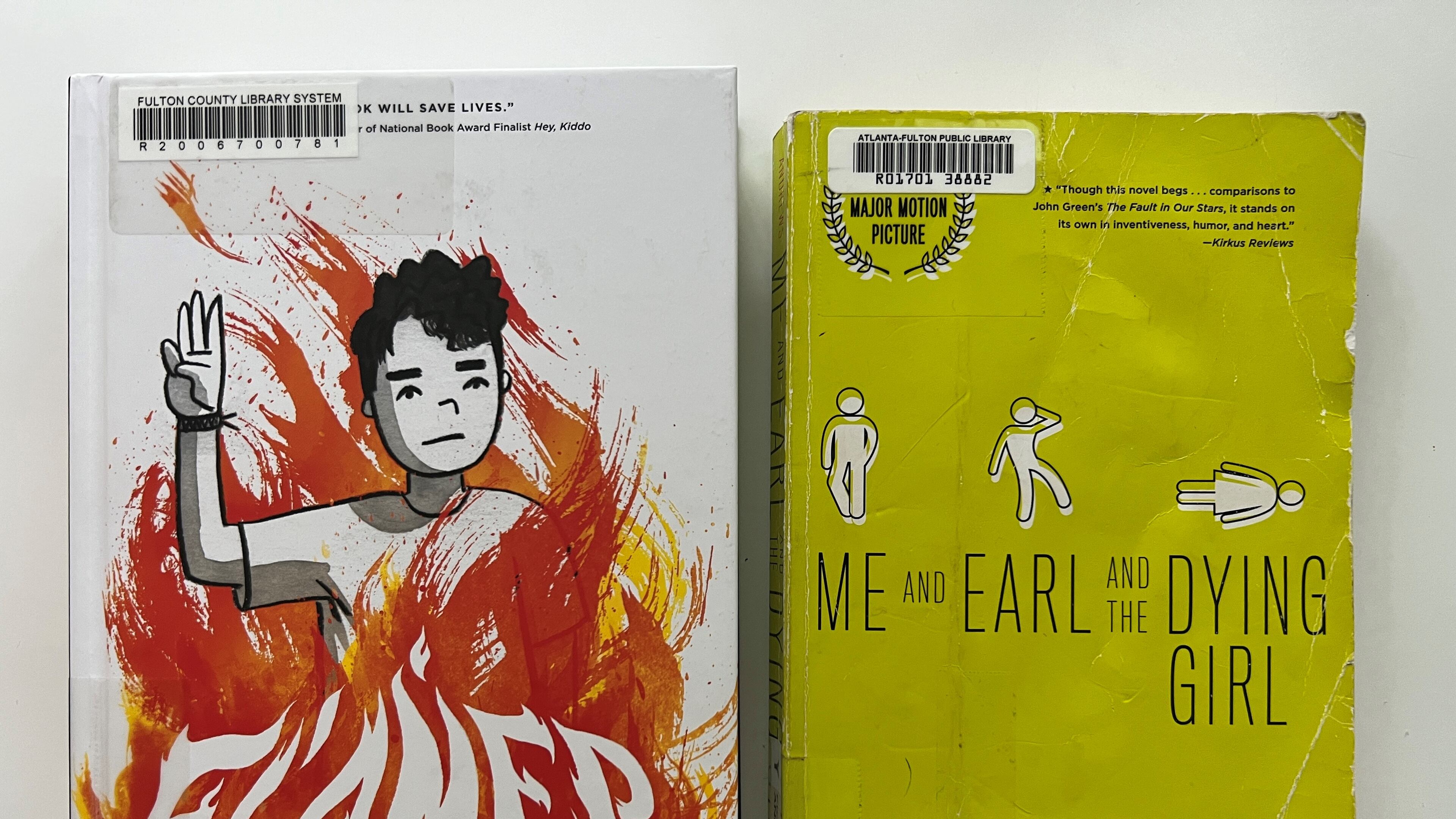Cobb school district removes books, citing lack of interest

At least one copy of a book about sex has been pulled from the library shelves in a Cobb County public school, though this time the district is citing student disinterest rather than inappropriate content.
Lassiter High School removed “The Scarlet Letter,” an American classic involving adultery, among hundreds culled during a renovation last school year though it says copies remain available.
Word of the mass removal comes weeks after the firing of a Cobb teacher for reading a book to fifth graders that challenges gender norms. Cobb also recently removed two books from school libraries because they deal with sexuality: “Flamer” by Mike Curato, a graphic novel set in a 1995 summer camp about a boy who is bullied for appearing gay; and Jesse Andrews’ “Me and Earl and the Dying Girl,” about two high school boys who become friends with a girl who is dying of cancer.
Twenty school libraries in Cobb contained copies of one or both of those two books, a district spokesperson said at the time. The district said they presented “highly inappropriate, sexually explicit content.”
Cobb gave a different reason for removing “The Scarlet Letter,” the 19th century classic by Nathaniel Hawthorne. It was removed last school year after the district adopted new policies that implement state laws that streamline the process for removing school library books, constrain classroom conversations about race and emphasize parental rights. The rules indicate “parents have the right to direct the upbringing and the moral or religious training of their children.”
Cobb pointed to a lack of student interest in this particular work, first published in 1850.
During a renovation of the high school media center, “over 700 books which weren’t often used by students (including The Scarlet Letter) were replaced at Lassiter with more current selections,” a district spokesperson confirmed after a query by The Atlanta Journal-Constitution. The books were replaced “with more current selections,” the spokesperson said, adding that a “couple copies” of the old classic remain available for students who really want to read it.
Common Sense Media, a website that rates books for kids, calls it a “Classic novel of American religion, morality, and hypocrisy,” approving it for readers aged 14 and up.



